Substantive concepts
Substantive concepts are those concerned with the subject matter of history – the substance about which students are learning. Some materials in this section focus on the teaching of highly specific contextualised terms and others explore more general strategies for building and reinforcing knowledge of recurring concepts over time. Read more
Sort by:
Date (Newest first) | Title A-Z
Show:
All |
Articles |
Podcasts |
Multipage Articles
-

Move Me On 198: trainee finds it difficult to explain substantive concepts effectively
ArticleClick to view -

Film Series: Active Learning & History
Multipage ArticleClick to view -

‘Weaving’ knowledge
ArticleClick to view -

Historical learning using concept cartoons
ArticleClick to view -

Power, authority and geography
ArticleClick to view -

Deepening Year 9’s knowledge for better causation arguments
ArticleClick to view -
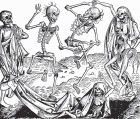
What Have Historians Been Arguing About... the long-term impact of the Black Death on English towns
ArticleClick to view -

Reading? What reading?
ArticleClick to view -

New, Novice or Nervous? 167: Confidence with substantive knowledge
ArticleClick to view -
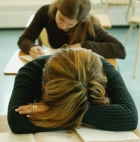
Move Me On 167: Frames of reference
ArticleClick to view -

Thinking makes it so: cognitive psychology and history teaching
ArticleClick to view -

Of the many significant things that have ever happened, what should we teach?
ArticleClick to view -

Cunning Plan 166: developing an enquiry on the First Crusade
ArticleClick to view -

New, Novice or Nervous? 161: Teaching substantive concepts
ArticleClick to view -
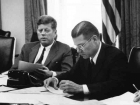
Finding the place of substantive knowledge in history
ArticleClick to view -
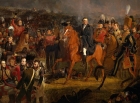
Cunning Plan 158: teaching about the history of the UK Parliament
ArticleClick to view -

Triumphs Show 158: interactive learning walls and substantive vocabulary
ArticleClick to view -

Building and assessing historical knowledge on three scales
ArticleClick to view -
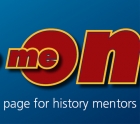
Move Me On 157: Getting knowledge across
ArticleClick to view -

Developing students' thinking about change and continuity
ArticleClick to view

